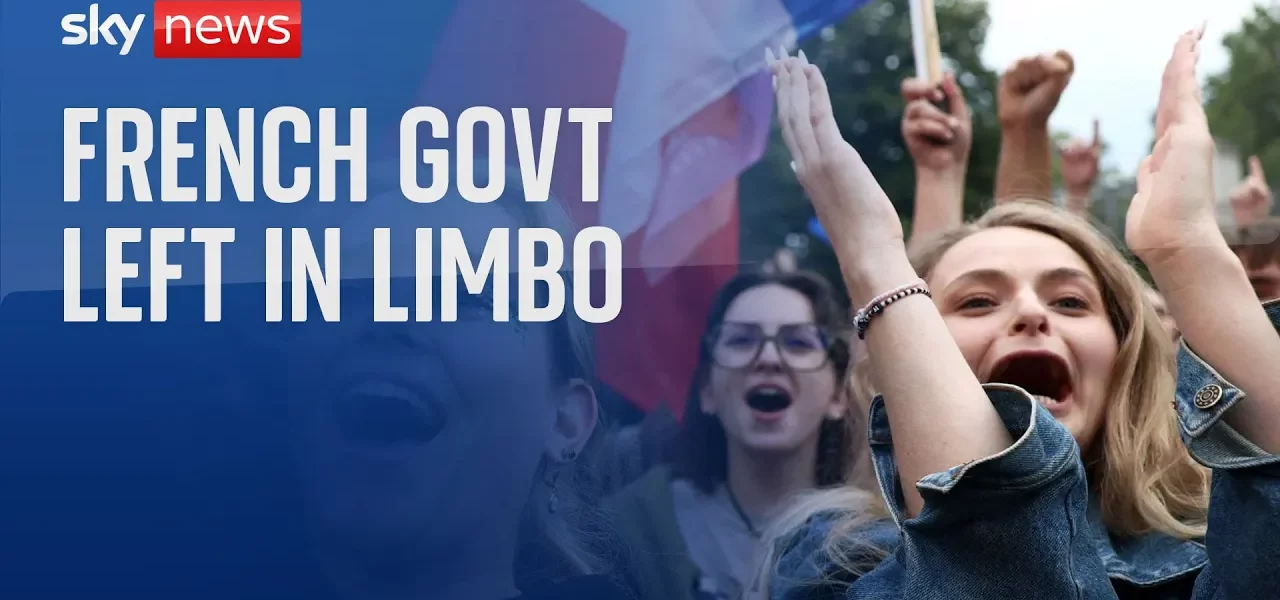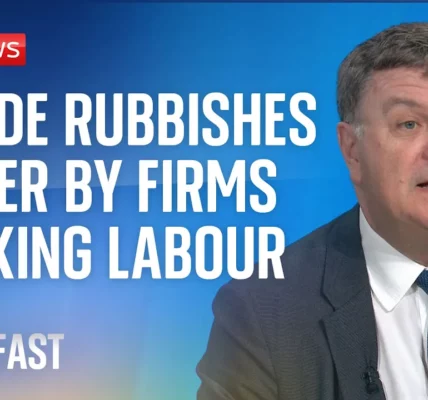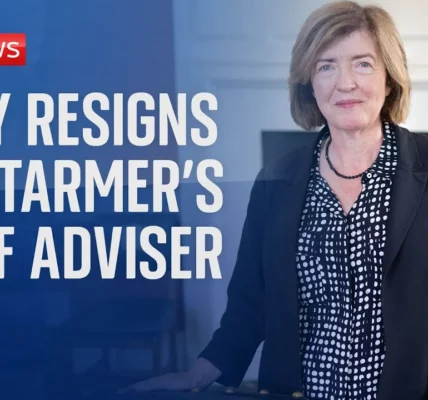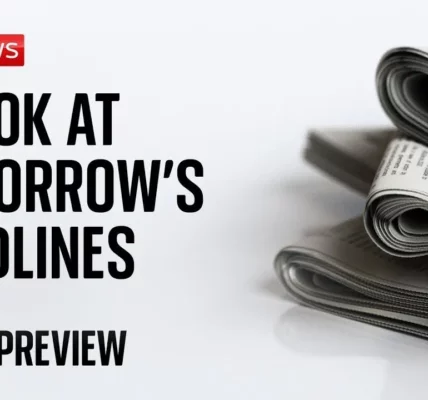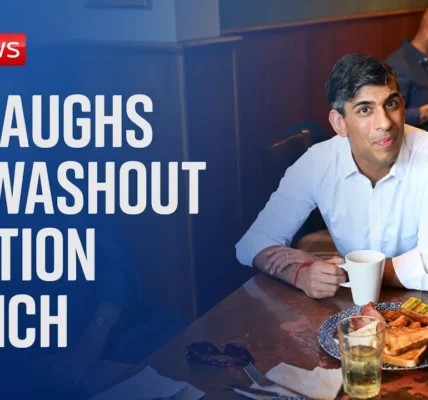France’s Political Turmoil: Coalition Dynamics and Future Leadership

In the wake of the recent elections, France’s political landscape has been reshaped significantly. The emergence of the left-wing Coalition, known as the New Popular Front, has sparked discussions about stability and leadership amidst growing uncertainty. This article delves into the election results, the implications for Prime Minister Gabriel Attal, and the potential candidates for the next head of government.
Introduction
The recent elections in France have led to a historic shift in the National Assembly, with the left-wing Coalition, the New Popular Front, claiming 180 seats, followed closely by President Macron’s Centrist Coalition, Ensemble, with 159 seats, and Marine Le Pen’s National Rally securing 143 seats. This political upheaval has resulted in the resignation of Prime Minister Gabriel Attal, marking a pivotal moment in French politics. As the country grapples with instability, the focus shifts to the formation of coalitions and the search for a new prime minister.
Election Results: A New Political Landscape
The election results have fundamentally altered the structure of power in France. The left-wing Coalition, which includes Jean-Luc Mélenchon’s party, France Unbowed, has emerged as a formidable force. The implications of these results are profound:
- Coalition Building: The left-wing Coalition’s success indicates a shift towards more progressive policies and a potential challenge to Macron’s centrist agenda.
- Loss of Majority: Macron’s Centrist Coalition has lost its majority, complicating the legislative process and governance.
- Resurgence of the National Rally: Although they finished third, Marine Le Pen’s party remains a significant player in the political arena.
The Resignation of Gabriel Attal
Gabriel Attal, who made history as the youngest and first openly gay Prime Minister, tendered his resignation following the elections. His tenure has been marked by significant challenges:
Youth and Diversity in Leadership
At just 35 years old, Attal’s appointment represented a shift towards younger leadership in France. His resignation raises questions about the representation of diversity in the highest echelons of government.
The Call for Stability
Despite his resignation, President Macron has requested that Attal remain in his position temporarily to ensure stability during this tumultuous period.
Political Deal-Making Ahead
The political landscape is now characterized by uncertainty, with significant deal-making expected among parties:
Coalition Dynamics
The political custom in France suggests that the next head of government should be chosen from the strongest coalition, which currently includes:
- Socialists
- Greens
- Communists
- France Unbowed
Challenges of Leadership Selection
Jean-Luc Mélenchon, despite leading the left-wing Coalition, is unlikely to be nominated due to his divisive reputation and hardline stances on various issues. This opens the floor for discussions focused on alternative candidates.
The Response from Political Leaders
In the aftermath of the elections, various political figures have voiced their perspectives:
Statements from Jean-Luc Mélenchon
Mélenchon has emphasized the need for unity among leftist parties but faces criticism for his polarizing views, particularly regarding economic policies and foreign relations.
Marine Le Pen’s Reflection
Le Pen has acknowledged the National Rally’s position, expressing a tone of humility and responsibility for the election outcomes, emphasizing the need for introspection within her party.
The Road Ahead: Anticipated Changes
As France navigates this political upheaval, several key areas require attention:
- Addressing Economic Challenges: The new government will need to tackle pressing economic issues, including inflation and unemployment.
- Security Concerns: The ongoing security situation in France necessitates a robust approach to governance and public safety.
- Preparation for Global Events: With the Olympics approaching, France must project stability and readiness on an international stage.
Conclusion
The recent elections have ushered in a new era of political dynamics in France, characterized by a leftward shift and the need for coalition-building. As the country seeks to stabilize its government, the focus will be on leadership selection and the potential for collaboration among diverse political factions. The future remains uncertain, but the call for unity and effective governance is louder than ever. Stay tuned for more updates on the evolving political landscape in France.
For further insights into France’s political climate and related topics, explore our articles on French Politics and Coalition Government Dynamics.
“`
